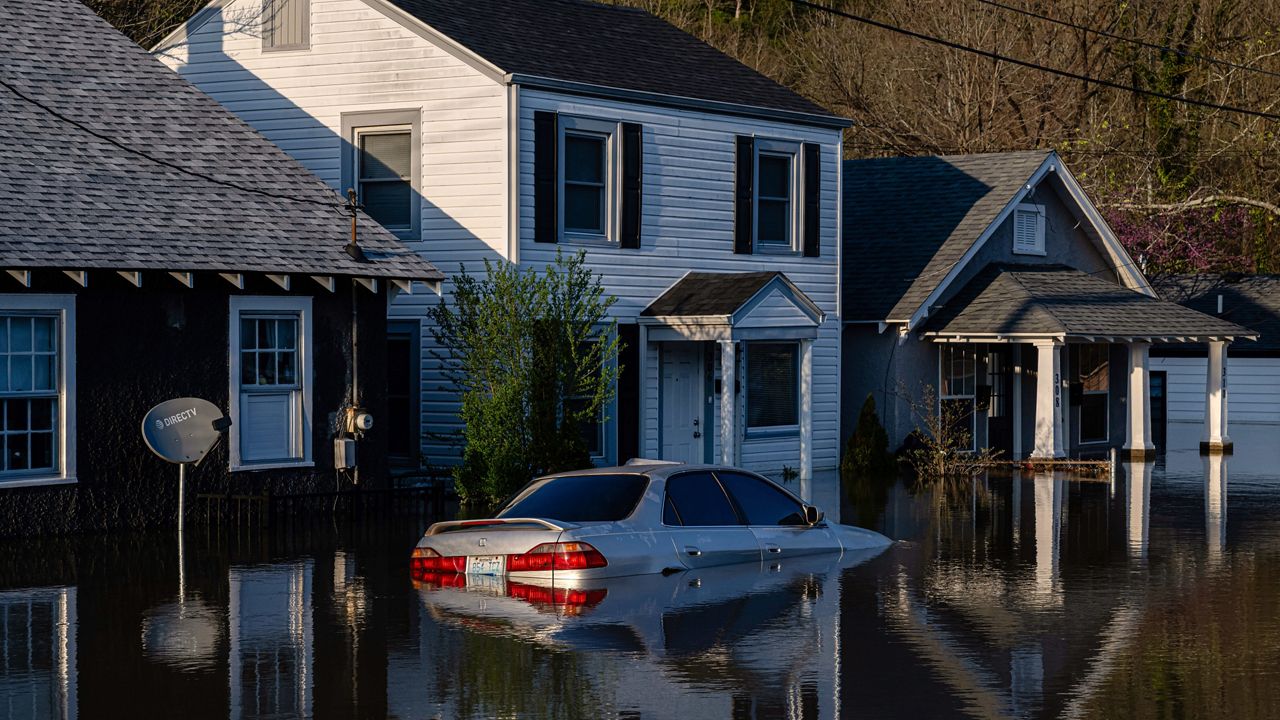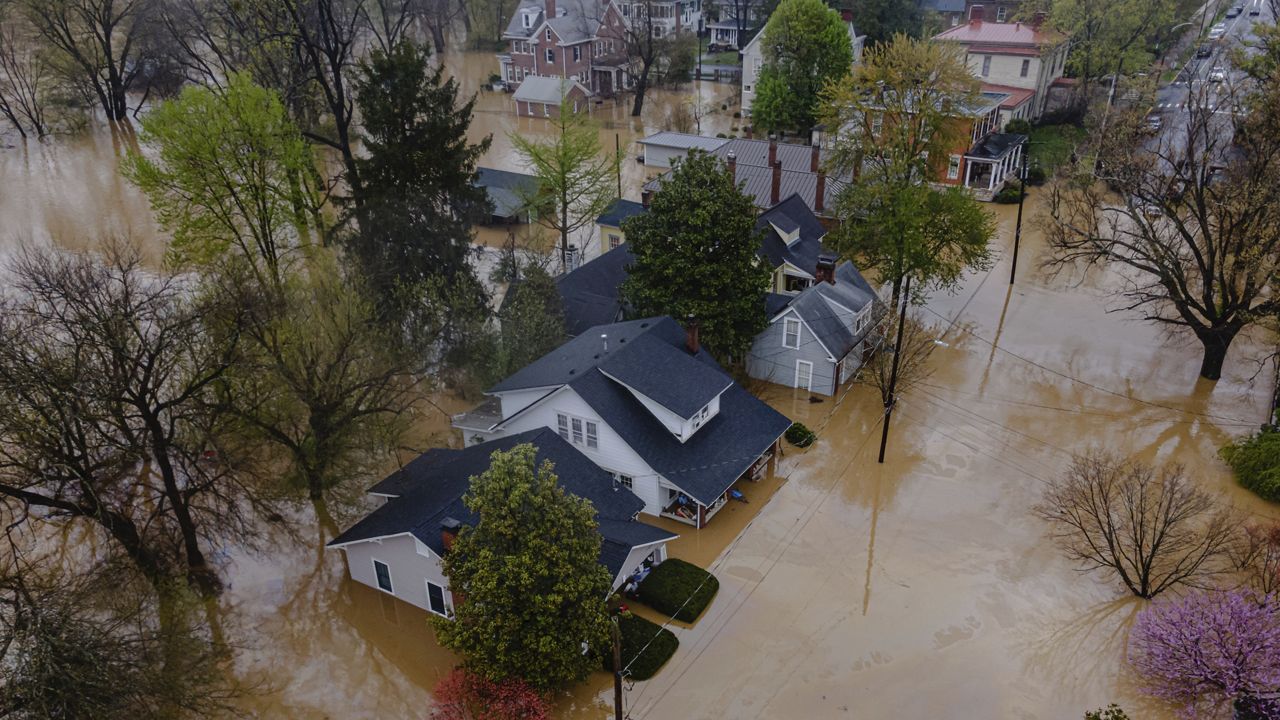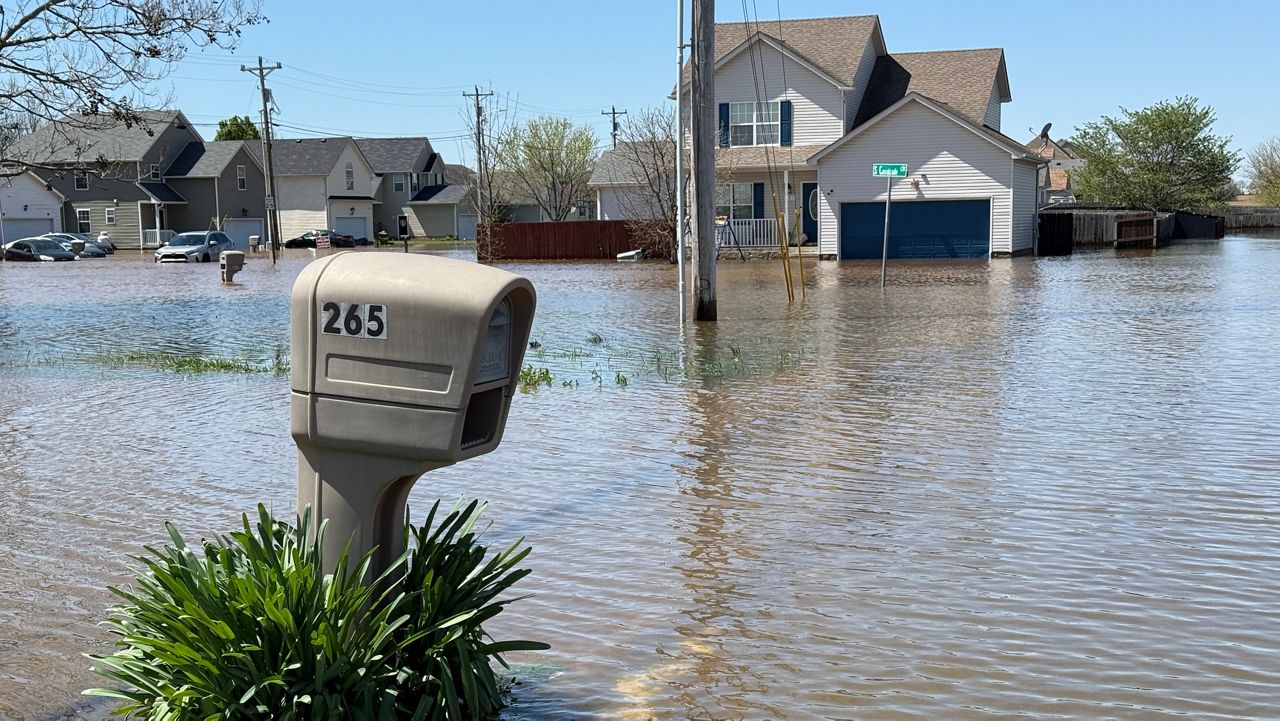LOUISVILLE, Ky. — Kentucky hospitals continue to grapple with a widespread shortage of nurses.
It has been a problem for years, but an exodus from the nursing field was amplified during the height of the COVID-19 pandemic. Nursing advocates joined lawmakers Thursday at the state Capitol in Frankfort, supporting attracting and retaining health care workers.
“Nurses are the backbone of our health care industry and health care services," said State Rep. Jason Nemes, R-Louisville. "We need more all over the place."
Nemes supports House Bill 159, which passed the Kentucky House just hours after speaking to an audience of several hundred nurses and nursing students.
One nurse attending Nemes' address Thursday was Oldham County native Trevor McGuffin, who is a University of Louisville (UofL) School of Nursing graduate.
"One big thing that we can push is educating people on the vast array of possibilities that nurses have," McGuffin said.
McGuffin added many people may not realize the depth of careers and opportunities that exist with a nursing degree. He is now pursuing a Doctor of Nursing.
"It's been amazing," he said. "I have actually not been to the Capitol before, and it’s really cool to be able to interact with senators and legislators and even the governor."
Delanor Manson, CEO of the Kentucky Nurses Association, said recruitment can start as young as grade school.
"A lot of people really don’t know what nurses do," Manson said. "What they think is, if you’re just caring, you can be a nurse. But the reality is, nurses have a tremendous amount [of] education and responsibility for patients, and we need to get that word out."
Manson and others support HB 159, which would prevent nurses from being criminally charged if they make good-faith medical errors. It's not to say nurses wouldn't face consequences if mistakes are made, but avoiding criminal persecution when medical errors occur not out of negligence or malicious intent.
"In many states, those things have happened, so we just want to make sure in Kentucky that it doesn’t happen," Nemes said. "It’s something that the nurses are very interested in, and it gives them that extra protection."
HB 159 now moves on to the Kentucky Senate.









